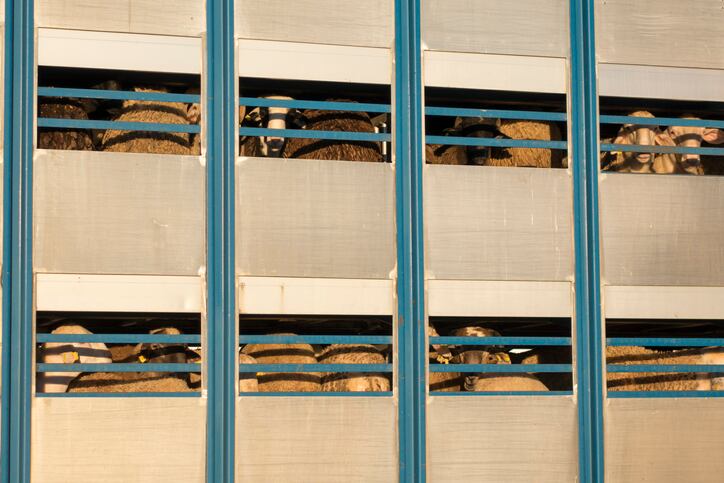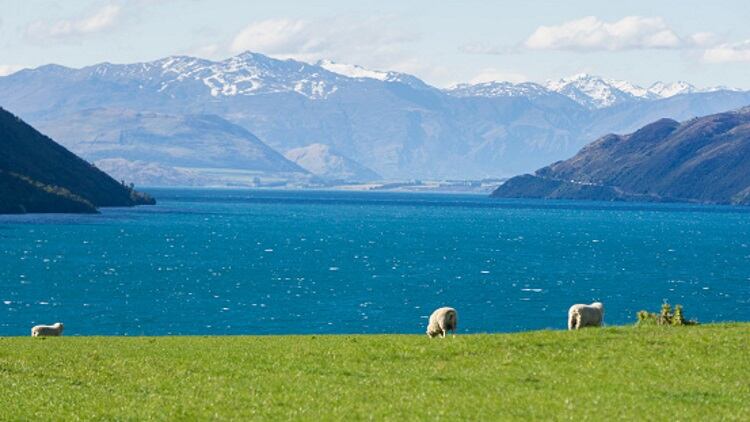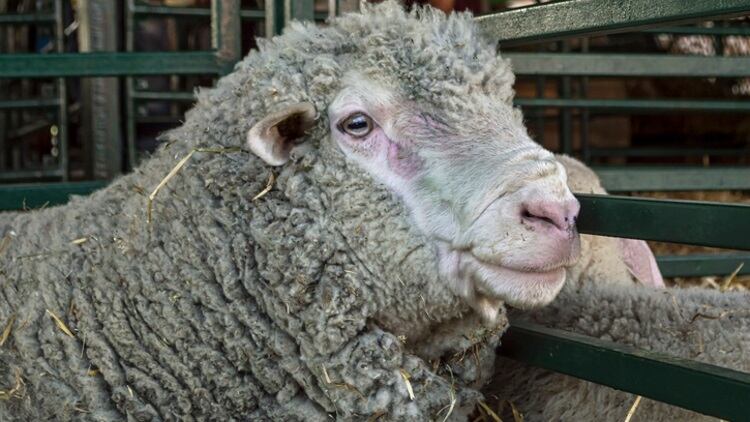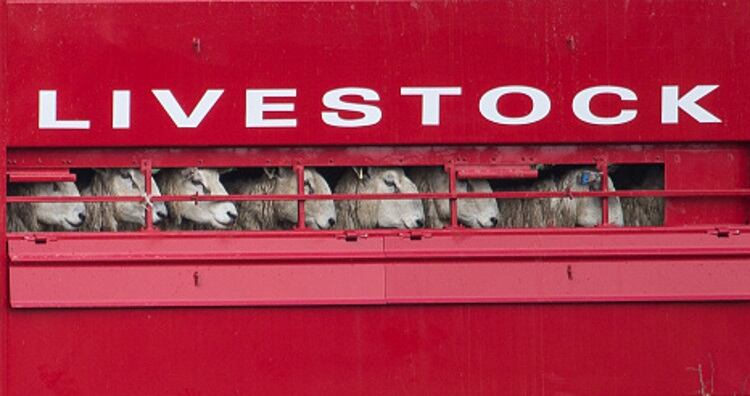The department first issued a ban in May, when it stated conditions in June, July, and August, were too hot for sheep exports.
A spokesman said the extension was due to evidence indicating the comparable or higher risk of heat stress for sheep departing Australia in the first three weeks of September.
“Sheep departing Australia in early- to mid-September are acclimatised to cooler Australian temperatures and therefore less heat tolerant than sheep departing in Australian summer or autumn months.”
According to the department, the extension of ban had taken into account scientific evidence, public feedback, interest of the industry, animal welfare, and government policy.
The RSPCA (Royal Society for the Prevention of Cruelty to Animals) had previously urged the government to extend the May ban to six months.
RSPCA’s senior policy officer, Dr Jed Goodfellow said: “The evidence to-date is clear – sheep will suffer if exported during September and October, the same way they suffer in June, July and August, under the very same conditions that finally forced the industry to implement a voluntary halt.”
“Any decision to continue the export of sheep in September and October is placing profits ahead of animal welfare.”
The Australian Veterinary Association had also previously warned that sheep would be at risk of heat stress on live export shipments from May to October.
Animal cruelty
This was in response to Emanuel Exports August 2017 shipment when 2400 sheep died in dirty and hot pens.
The main cause of death was found to be heat stress. The company lost its live export licence in August 2018, it was Australia’s largest live sheep exporter.
According to the Australian Bureau of Statistics, 98% of sheep exports (1.9 million) in 2017 went to the EMENA region, with Kuwait, Qatar, and Turkey being top importing markets of Australian live sheep.
Sheep shortages from Australia for the annual Eid al-Adha festival have forced countries like Kuwait to import sheep from other Middle East countries include Iran and Jordan.
Qatar has also sourced sheep from Somalia, Sudan and Armenia.
You herd it
According to the department, once trade resumes after September 22, shipments to the Middle East must comply with the heat stress management plan applied in May 2019.
These include a lower stocking density, increasing ventilation, improve access to food and water, and collect automated wet bulb temperature data to submit to the department.
The federal government also required an independent observer be placed on all live export ships to the Middle East.




